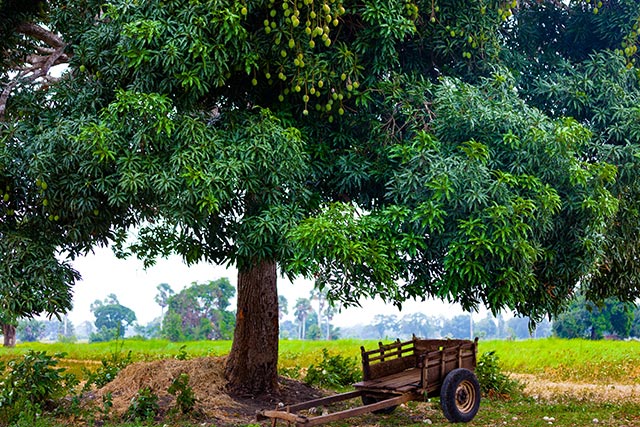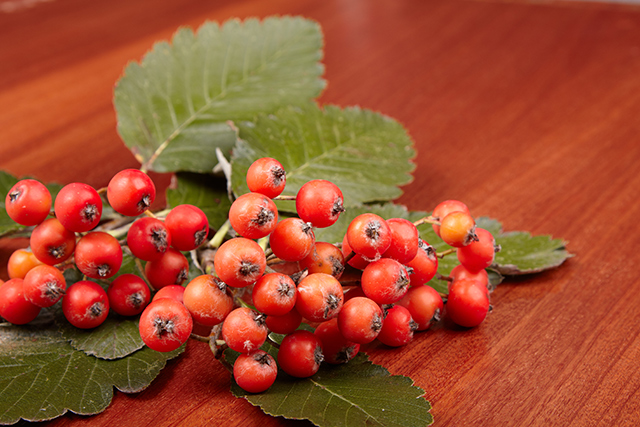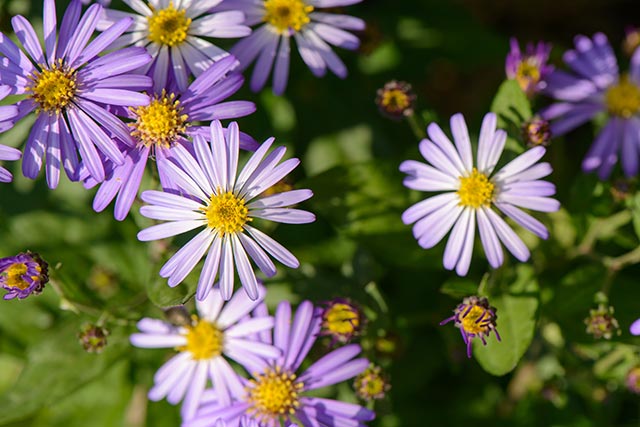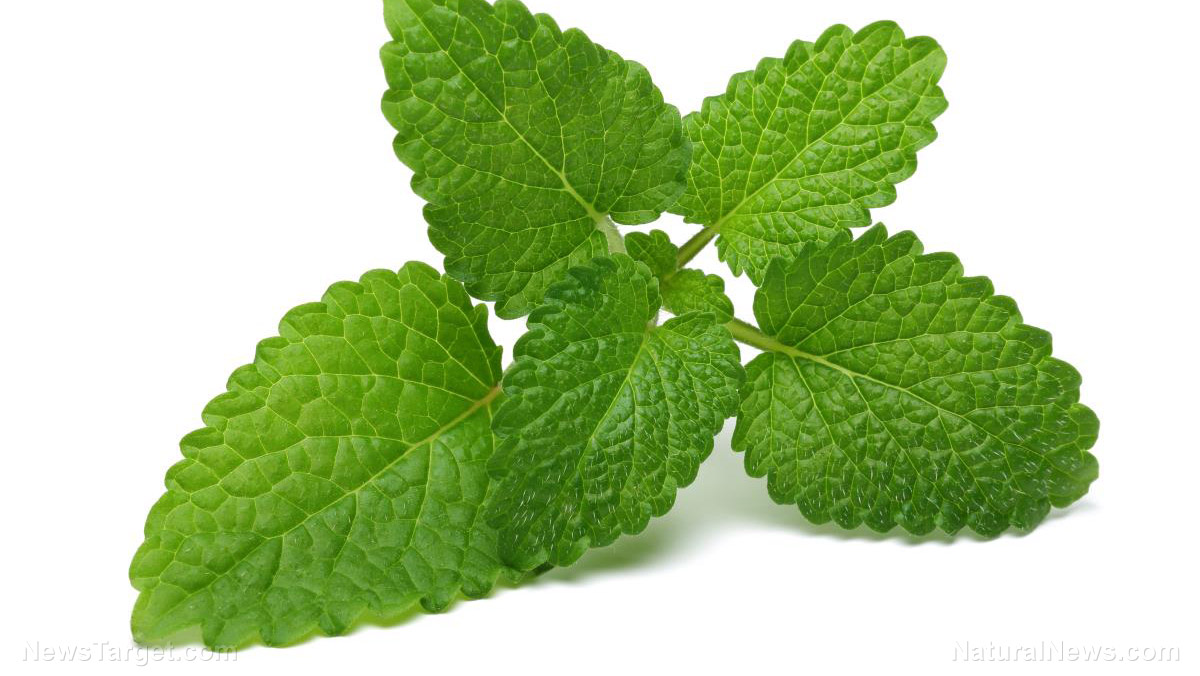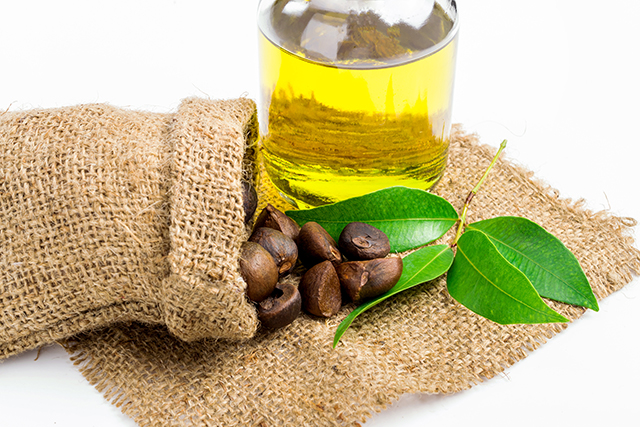Treating Type 2 diabetes with this traditional Thai herbal extract
08/15/2018 / By Ralph Flores

Mathurameha, also known as Mathura Meha, is a traditional herbal formula used as alternative treatment for people with diabetes in Thailand. In a study published at BMC Complementary and Alternative Medicine, researchers from Mahidol University have established scientific evidence to back up the formula, confirming its “efficacy and safety” for use in treating Type 2 diabetes.
The formula traces its roots to Ayurvedic medicine, where it has been used to treat diabetes for over 30 years. Currently, it’s used as both an alternative and complementary treatment for Type 2 diabetes in Wangnamyen Community Hospital in Sa Kaeo, Thailand. The blend that the hospital uses, comes from the powdered form of a mix of 26 medicinal herbs. Some of the herbs that were used in the formula have been studied individually, with at least half of those exhibiting the ability to reduce blood sugar, inhibit ?-glucosidase (which absorbs carbohydrates in the body), or regulate the conversion of glucose to glycogen, which the cells use for energy.
In the study, researchers mainly looked at the formula’s hypoglycemic activity, acute toxicity, and biochemical effect to determine its safety for use. This was done by comparing the effects of the dried powder against an extract from the whole formula to verify its ability to safely reduce blood sugar.
“Although this herbal formula has already been used in diabetic patients without any sign or symptom of toxicity, the toxicity study of the whole formula extract remains necessary to ensure its safety for further usage,” the researchers wrote in their paper.
The team conducted in vivo tests using Sprague-Dawley rats for the study. In total, 30 male rats were injected with nicotinamide in their abdominal cavity, followed up by streptozotocin, to induce diabetes. The rats were then separated into groups, where they were provided with either a Mathurameha extract or a powdered mixture suspension for the duration of the study. Researchers evaluated their two-hour postprandial plasma glucose (2h–PPG) levels every seven days. This was done to measure their biochemical data after they were supplemented.
After the two-week testing period, the findings revealed that among all the solvents that were used to create Mathurameha extract, the one that used water proved to the most effective in improving glucose tolerance in diabetic rats. In addition, researchers found that the hypoglycemic activity was dose-dependent: As the dosage was increased, it effectively lowered glucose levels by up to 18 percent in the highest dosage. Biomarkers (i.e., total cholesterol, alkaline phosphatase (ALP), total protein, albumin, globulin, creatinine, and uric acid levels) were also shown to improve in rats that were given the extract. The researchers also found that Mathurameha is safe for use: No symptoms of acute toxicity were found in animals after ingesting the extract.
“This study confirms the efficacy and safety of the Mathurameha herbal formula treating Type 2 diabetes mellitus,” the researchers concluded.
In addition, they also suggested future studies to be aimed towards understanding the process for the mixture’s hypoglycemic activity. “Further investigations on the in vitro [hypoglycemic] actions of the whole formula aqueous extract and chemical compounds responsible for its effect should be performed to clarify the mechanisms and active compounds,” they added.
Traditional Thai medicine, while it is relatively unknown compared to its neighboring counterparts, is still an interesting field – with some of their folk remedies known to have significant health benefits.
Learn more about other traditional ethnomedicines that can be used to treat various medical conditions at Herbs.news.
Sources include:
Tagged Under: alternative medicine, blood glucose, diabetes, disease prevention, folk medicine, herbal medicine, Herbs, Mathurameha, natural cures, natural medicine, remedies, research, Thailand, Type 2 Diabetes

